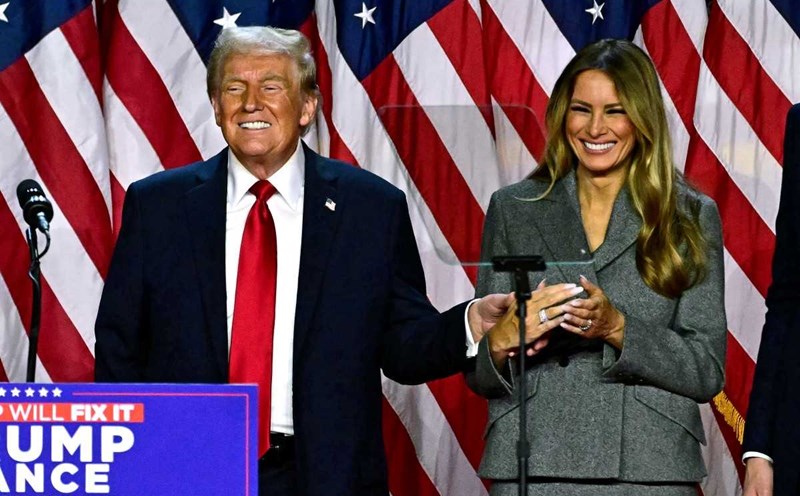US President-elect Donald Trump is unlikely to impose new restrictions on Russian energy exports after returning to the White House in January 2025, Igbal Guliyev, deputy director of the Institute for Energy Policy and International Diplomacy at the Moscow State Institute of International Relations (MGIMO), said in an interview with TASS on November 7.
"Although Donald Trump has previously imposed sanctions on Russia, I do not think that he will continue the policy of tough sanctions against Russian oil and gas complexes. Donald Trump cares about low fuel prices, and if there are additional restrictions on oil and gas exports from Russia, it will be almost impossible to maintain low prices for oil products on the domestic market of the United States," Guliyev said.
However, it is important to remember, Guliyev noted, that "during his first term, Donald Trump imposed sanctions on the Nord Stream gas pipeline, signing a defense budget in late 2019 that included restrictions on companies supplying vessels for the construction of Nord Stream 2. After losing the 2020 election, Donald Trump criticized President Joe Biden for allowing the Russian gas pipeline to Europe, saying it was one of the reasons for the weakening of the US economy."

Construction of the Nord Stream 2 pipeline was fully completed on September 10, 2021. The pipeline was originally scheduled to be completed by the end of 2019, but construction work was delayed due to US sanctions.
The gas pipeline consists of two strings with a total capacity of 55 billion cubic meters per year, running from the Russian coast through the Baltic Sea to Germany. However, in 2022, Nord Stream was damaged by two explosions on offshore pipelines.
Russian Foreign Minister Sergei Lavrov said Moscow has no doubt that the Nord Stream destruction was carried out with the support of governments. The Russian Prosecutor General's Office has opened a case of international terrorism.
Previously, the G7, EU and Australia imposed a price ceiling on Russian seaborne crude oil of $60 per barrel. From February 5, 2023, similar restrictions will also apply to Russian petroleum products. The price ceilings are set at $100 and $45 per barrel, depending on the type of petroleum product. Changing these restrictions requires the consent of all EU countries and G7 members.
Russian President Vladimir Putin has criticized the imposition of a price ceiling on Russian fuel. The Russian leader warned that imposing a maximum oil price could lead to similar price ceilings in other sectors, which would destroy the global market economy and threaten the well-being of billions of people.











